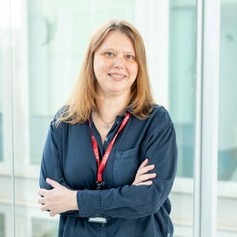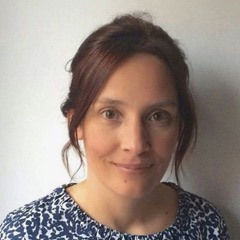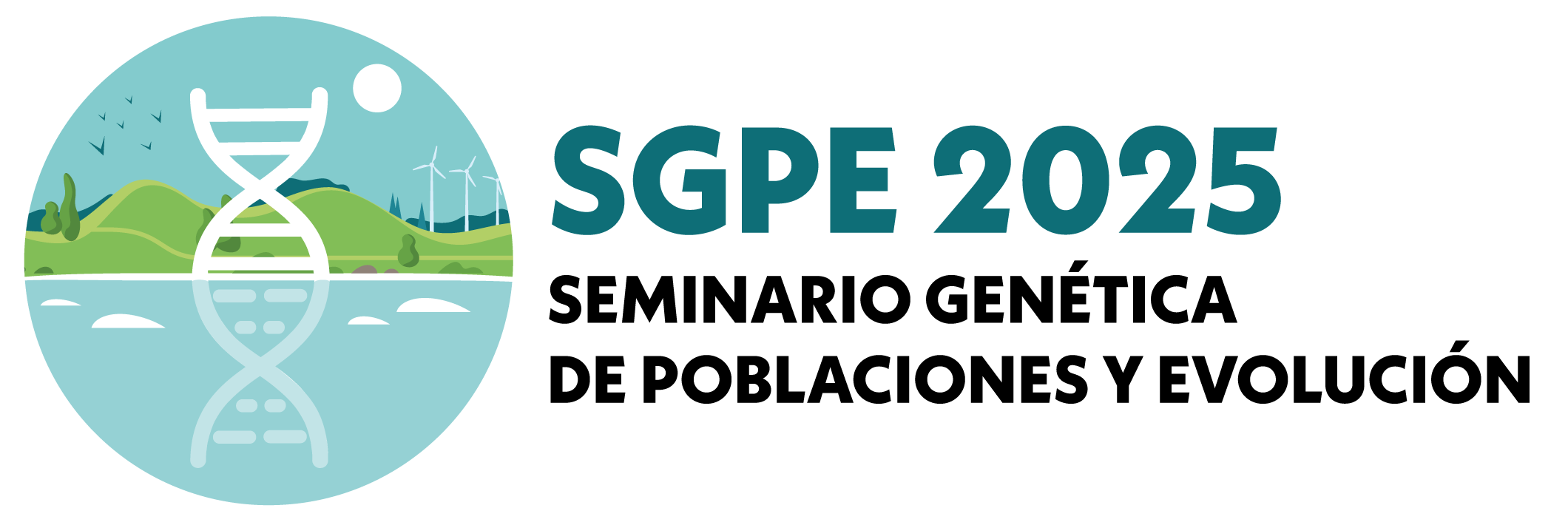8:30-9:00
Registro participantes y acreditación.
09:10-10:00
Conferencia Invitada (CI01): Evolutionary History of Indigenous American People
Tábita Hünemeier. Instituto de Biologia Evolutiva (IBE/CSIC-UPF)
10:00-10:20
CO_01: Connectivity and adaptation patterns of the deep-sea sponge ground forming Geodia hentscheli across its entire distribution
Sergi Taboada. Museo Nacional de Ciencias Naturales (MNCN-CSIC)
10:20-10:40
CO_02: Exploring the variability through the relative Site Frequency Spectrum (rSFS)
Sebastián Ramos-Onsin. Centre for Research in Agricultural Genomics (CRAG).
10:40-11:00
CO_03: Understanding the roles of geographic isolation, local adaptation and introgression in recent avian radiations on oceanic islands
Borja Milá. Museo Nacional de Ciencias Naturales (MNCN-CSIC)
11:00-11:10
CO_04: Divergence and local adaptation in populations of the Canary Islands Chaffinch from two differentiated habitats of La Palma
Miguel Fernández-Janoher. Museo Nacional de Ciencias Naturales (MNCN-CSIC)
11:10-11:40
Descanso para cafés
Moderador: Antonio Barbadilla
11:40-12:00
CO_05: Respuestas moleculares a estresores del cambio global en especies diádromas
Gonzalo Machado-Schiaffino. Departamento Biología Funcional, Genética, Universidad de Oviedo
12:00-12:20
CO_06: Capturing elusive genomic variability to enhance evolutionary signals in microbial pathogens
Mireia Coscollá. I2SysBio, University of Valencia-CSIC, FISABIO Joint Unit
12:20-12:40
CO_07: Toward genomics-based research and management in artisanal fisheries of highly valued non-model species from the Bay of Biscay, Spain.
Yaisel Borrel. Department of Functional Biology, Genetics, University of Oviedo,
12:40-13:00
CO_08: The role of symbiotic interactions in the population dynamics of amphibians
María Torres-Sánchez. Department of Biodiversity, Ecology, and Evolution, Complutense University of Madrid,
13:00-13:20
CO_09: Reference Genomes get Deeper on population genomics and adaptation
Ainhoa López. Departament de Genètica, Microbiologia i Estadística, Facultat de Biologia, Universitat de Barcelona
16:00-16:20
CO_10: High-Quality Genomic Insights into Adaptive Evolution and Insular Radiations: A Case Study of Dysdera Spiders
Julio Rozas. Departament de Genètica, Microbiologia i Estadística, Universitat de Barcelona
16:20-16:40
CO_11: High-Quality Genomic Insights into Adaptive Evolution and Insular Radiations: A Case Study of Cone Snails
Rafael Zardoya. Museo Nacional de Ciencias Naturales (MNCN-CSIC)
16:40-17:00
CO_12: Mantenimiento de polimorfismos del color en algunas poblaciones de Littorina: ¿un mecanismo basado en la preferencia por colores distintos en una especie ciega para el color?
Emilio Rolán. Centro de Investigación Mariña, Universidade de Vigo
17:00-17:20
CO_13: Rescate genético de la población de linces de Doñana
José A. Godoy. Departamento de Ecología y Evolución, Estación Biológica de Doñana (EBD-CSIC)
17:20-17:50
Descanso para cafés
Moderador: Fernando González- Candelas
17:50-18:10
CO_14: The evolutionary history of the TRIM family of E3 ubiquitin ligases in fish
Noelia Pérez-Pereira. Department of Genetics, University of Santiago de Compostela
18:10-18:30
CO_15: Respuestas genómicas a la esterilidad híbrida en Drosophila
Mª Pilar García Guerreiro. Departament de Genètica i Microbiologia, Universitat Autònoma de Barcelona
18:30-18:50
CO_16: Estimates of effective population size resulting from the optimization of contributions in conservation genomic programs
Raul López de la Torre. Departamento de Mejora Genética Animal, INIA-CSIC
18:50-19:10
CO_17: Mitochondrial Variation of Bottlenose Dolphins (Tursiops truncatus) from the Canary Islands Suggests a Key Population for Conservation with High Connectivity within the North-East Atlantic Ocean
Daniel A. Gómez-Lobo. Department of Functional Biology, University of Oviedo


